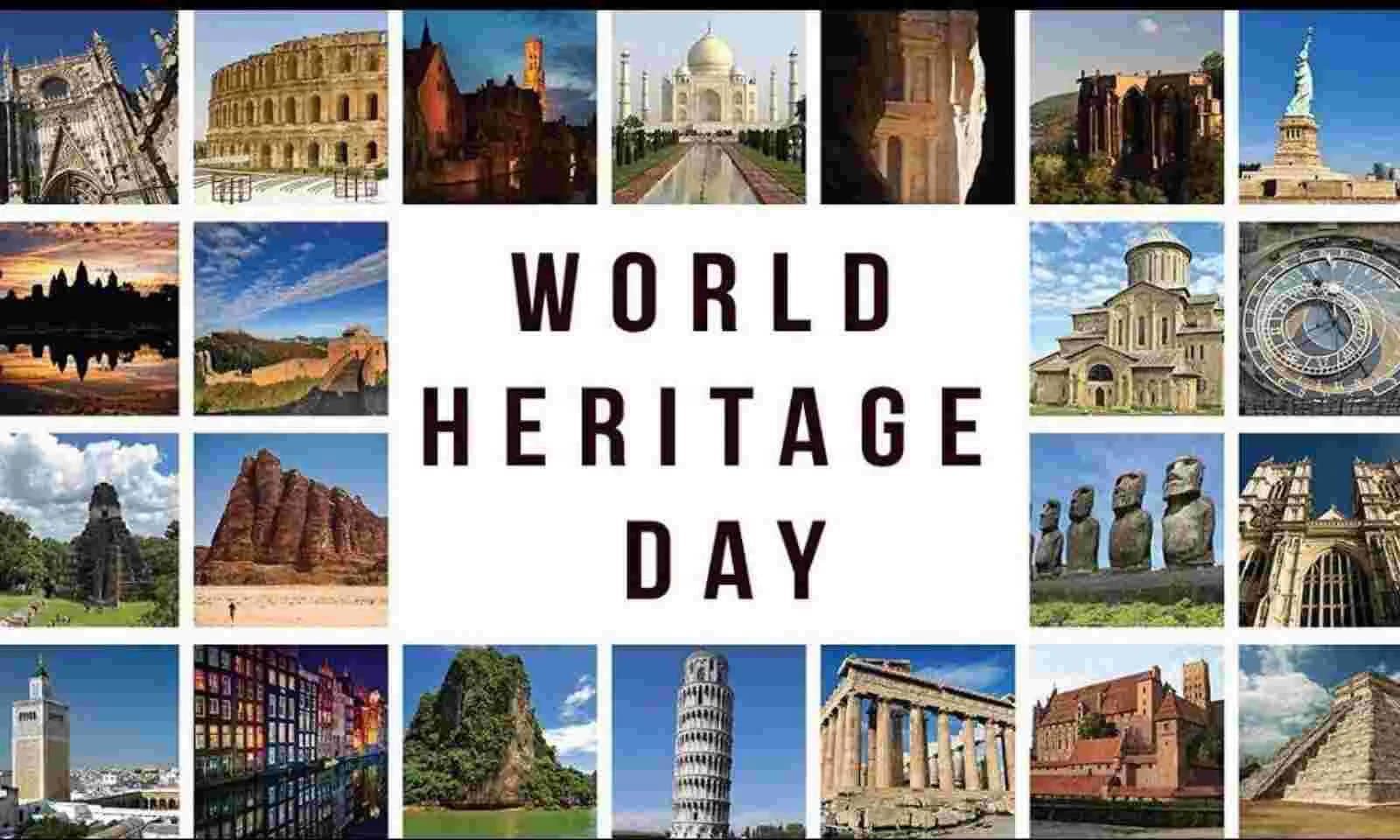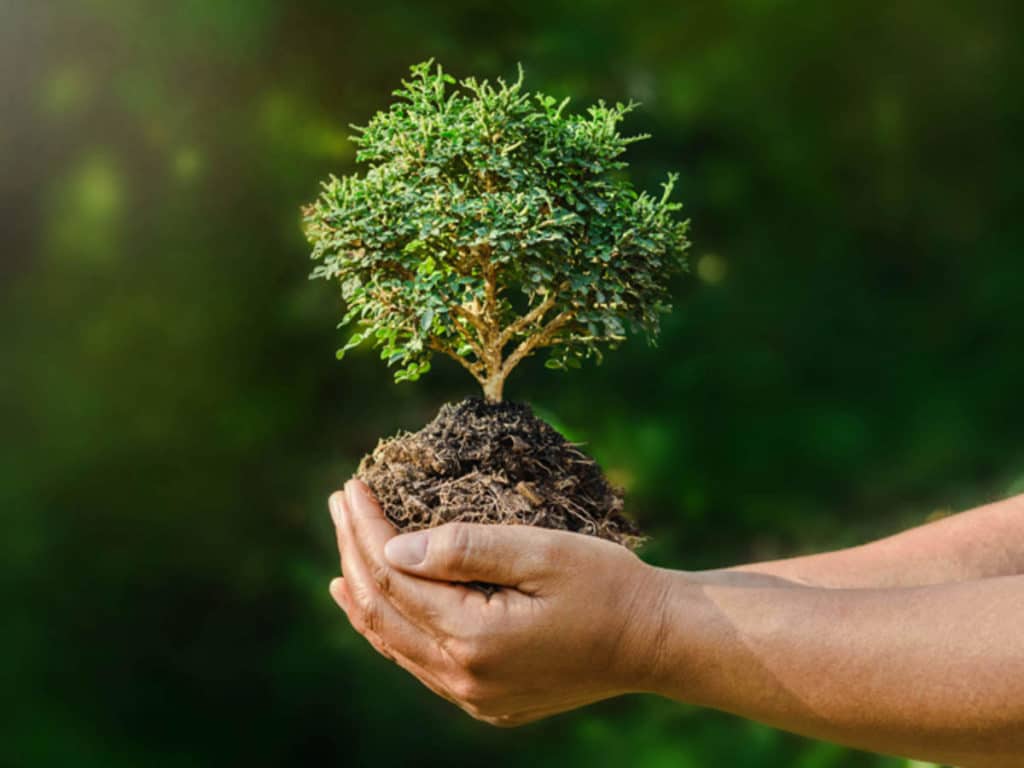World Heritage Day is an occasion observed annually to educate one another about the heritage of our globe, and the significance it plays in the evolution of our culture, and worldly practices. This day sheds light on the importance of our cultural heritage and encourages one another to look into the history that our monuments hold, and what steps we can collectively take to preserve and value them in the long run, for all generations to come. India’s cultural history is diverse and rich and depicts a number of histories and cultural practices that vary from ethnicity to ethnicity.
Though these practices are often distinguished, they form the backbone of our cultural history in itself and help it stand out to a third eye. Preserving cultural monuments and structures is not an easy task, as the more time passes, the more fragile they become. However, India has taken a number of steps to ensure the preservation of the same and has brought back a number of antiques from around the world, each that signifies one aspect or another. World Heritage Day is observed in an attempt to also spread knowledge of different ways that this heritage can be protected and displayed to all. This day is also renowned as the International Day for Monuments & Sites, and it originated in the UNESCO’s general conference, dating back to 1982.
The knowledge with reference to this preservation is spread amongst adults, as well as children. This day is celebrated in schools in order to educate the youth that will be the generation of tomorrow. The heritage we speak of ranges from monuments, statues, sacred grounds, religious structures, ethnic symbolisms, and even natural elements. The agricultural history of our nation also holds value for the country, and the progress that agriculture has made from where it began is phenomenal.
In today’s day, a direct reflection of our heritage is farmland, as it is a product of nature and a display of our nation’s rich and diverse history. Owning farmland is a matter of pride, as it depicts one’s own taste and showcases the rich inclination towards nature and its elements.
Agricultural history showcases the different practices that were followed in the day, and upon comparison, we see a disparity between those followed then, and those being implemented now. Technological advancements have modernized agriculture, but if we closely introspect the health of the agricultural land, we see that it thrived in the past.
Modern practices have led to the depletion of natural resources, and a vast reduction in the attempts taken to protect it, and preserve it. On this day, we must observe the agricultural health of our nation, and contribute to the protection of its heritage, alongside all others. Owning farmland directly shields the land from adverse practices, and nourishes it. It allows the land to rejuvenate itself, and amplifies its value in the long run. One upholds the heritage of our nation by owning farmland and undoubtedly forms a connection with nature that also allows them to grow as an individual, and a citizen of society.



